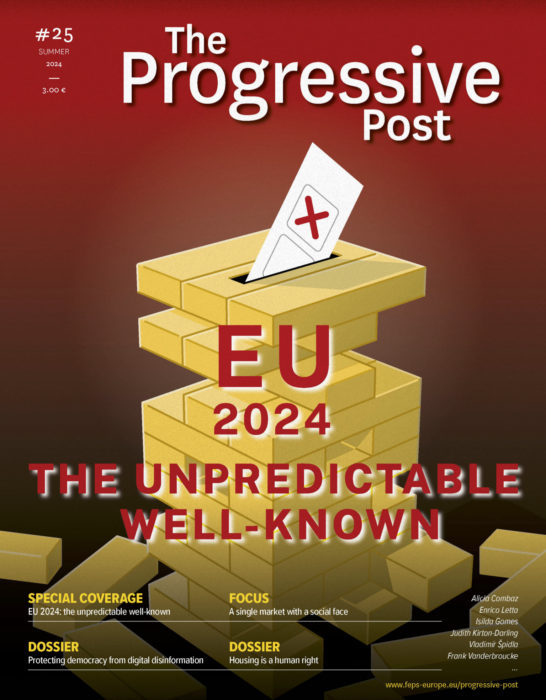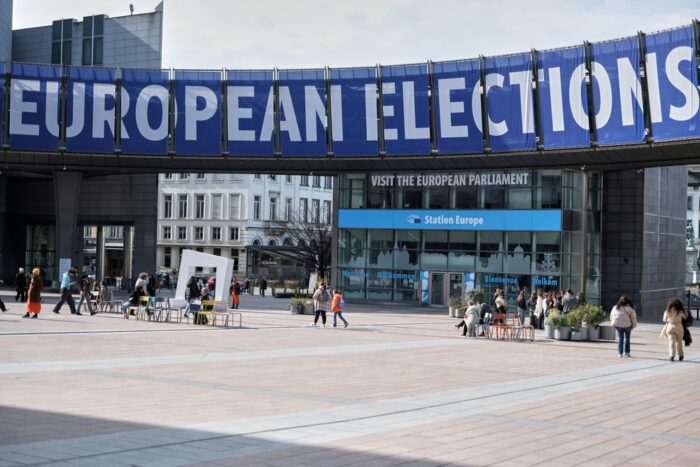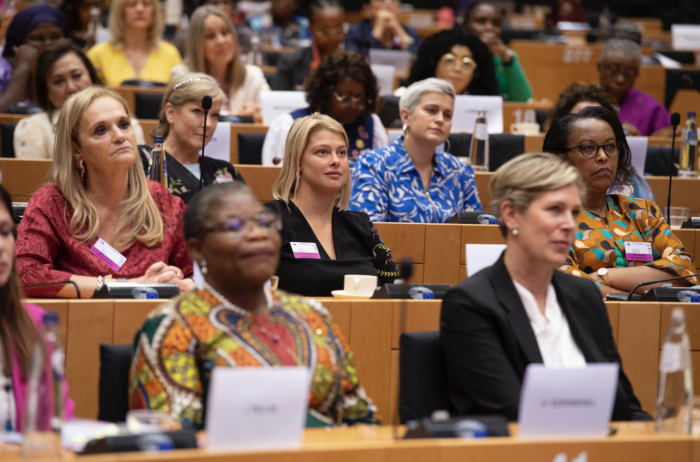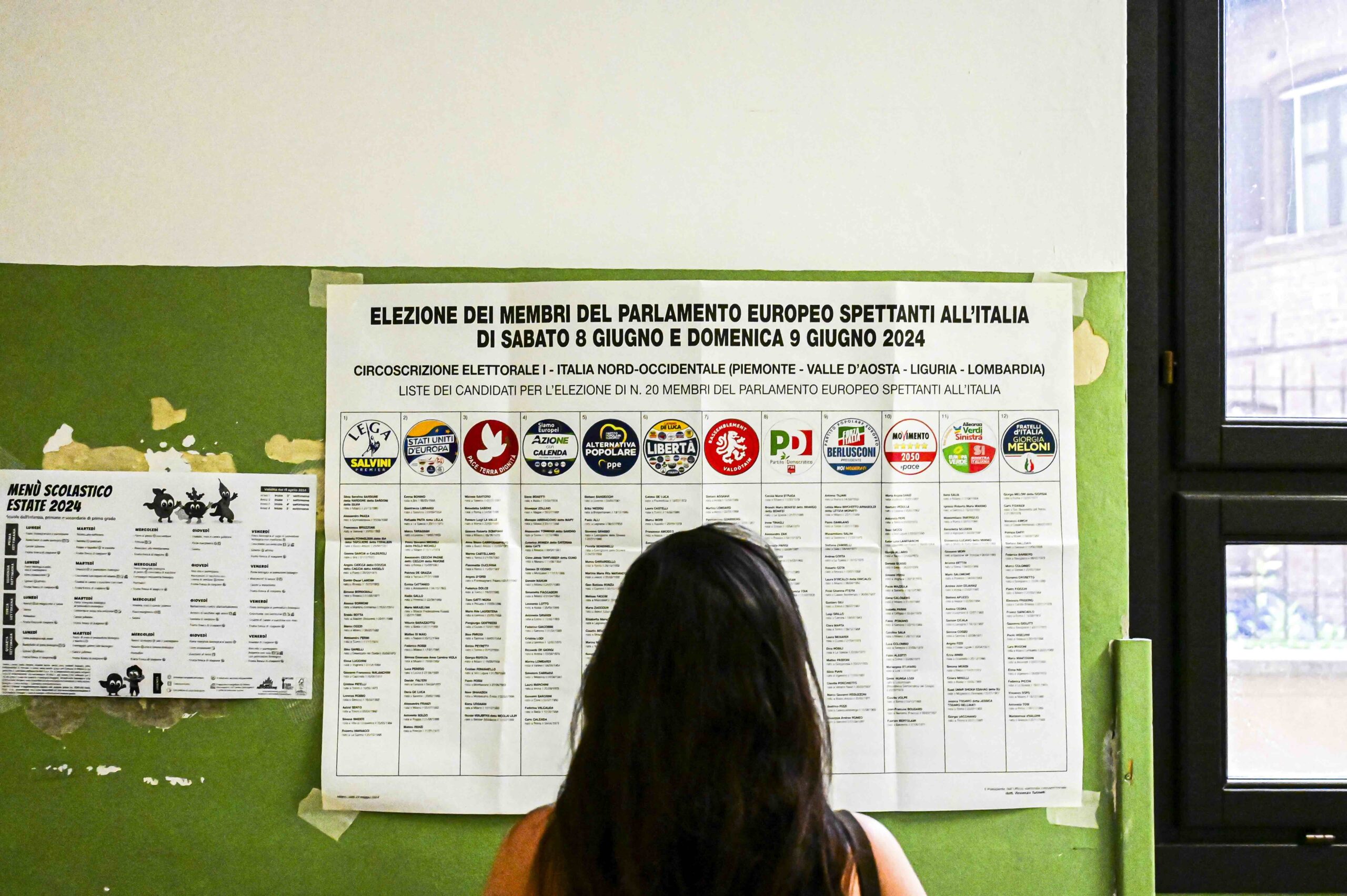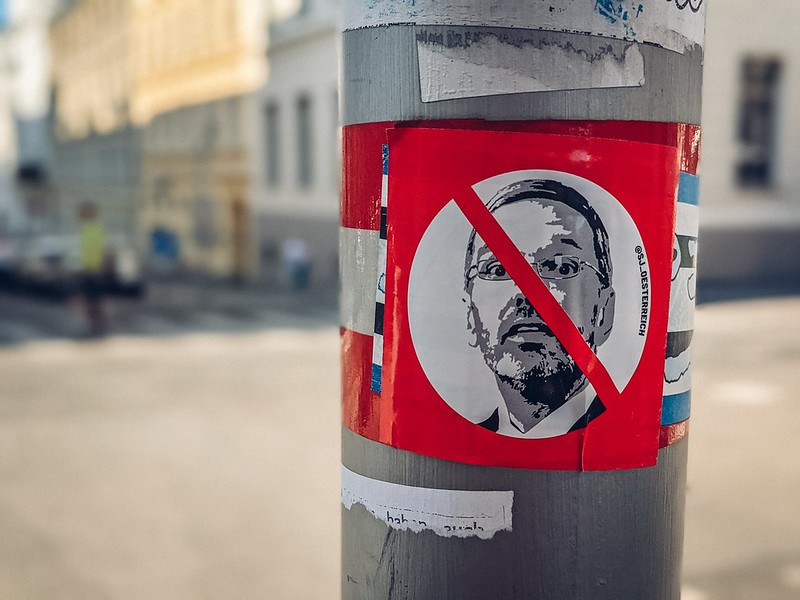The Progressive Post is the political magazine of the Foundation for European Progressive Studies (FEPS). It gathers renowned thinkers, experts and activists from the world of politics, academia and civil society, provides critical analysis of policies, and clarifies options and opportunities for decision-makers.
Our ambition is to undertake intellectual reflection and debate for the benefit of the progressive movement, and to promote the founding principles of the European Union: freedom, equality, solidarity, democracy, human dignity, as well as respect of human rights, fundamental freedoms and the rule of law.
With a focus on EU politics, our crucial interest is the state and future of Social Democracy. We offer a platform (in print and online) for finding progressive answers to climate change, uneven development and social inequality in the European as well as global context. We invite our readers to explore with us the contradictions of our time and our authors to put forward arguments for peace, sustainability and social justice.
The recent European elections have emboldened the far right, the centre-right looks like the real winner and Social Democrats have held their ground. Our Special Coverage, EU 2024: the unpredictable well-known, analyses the results and attempts to predict what to expect from this new, more right-leaning, European Parliament. Elections are also at the centre of the Dossier on Protecting democracy from digital disinformation about the threats of AI and ever-more sophisticated digital manipulations to democratic processes.
Our Focus on A single market with a social face departs from former Italian prime minister Enrico Letta's report on the EU's internal market, its weaknesses and possible reforms and the second Dossier, Housing is a human right, we delve into a crisis that hits not just the most vulnerable sectors of society but – increasingly – the middle classes: adequate housing.


